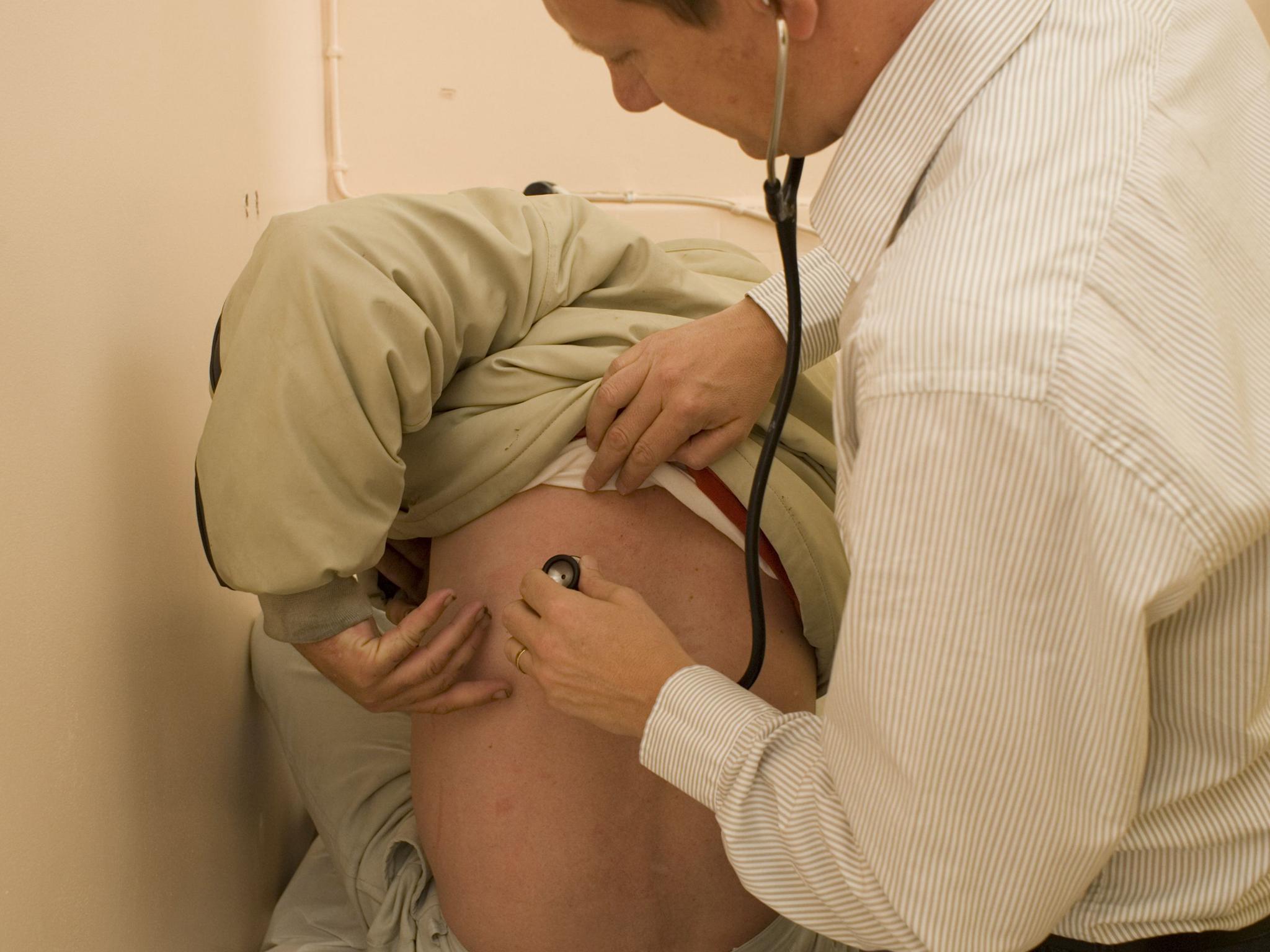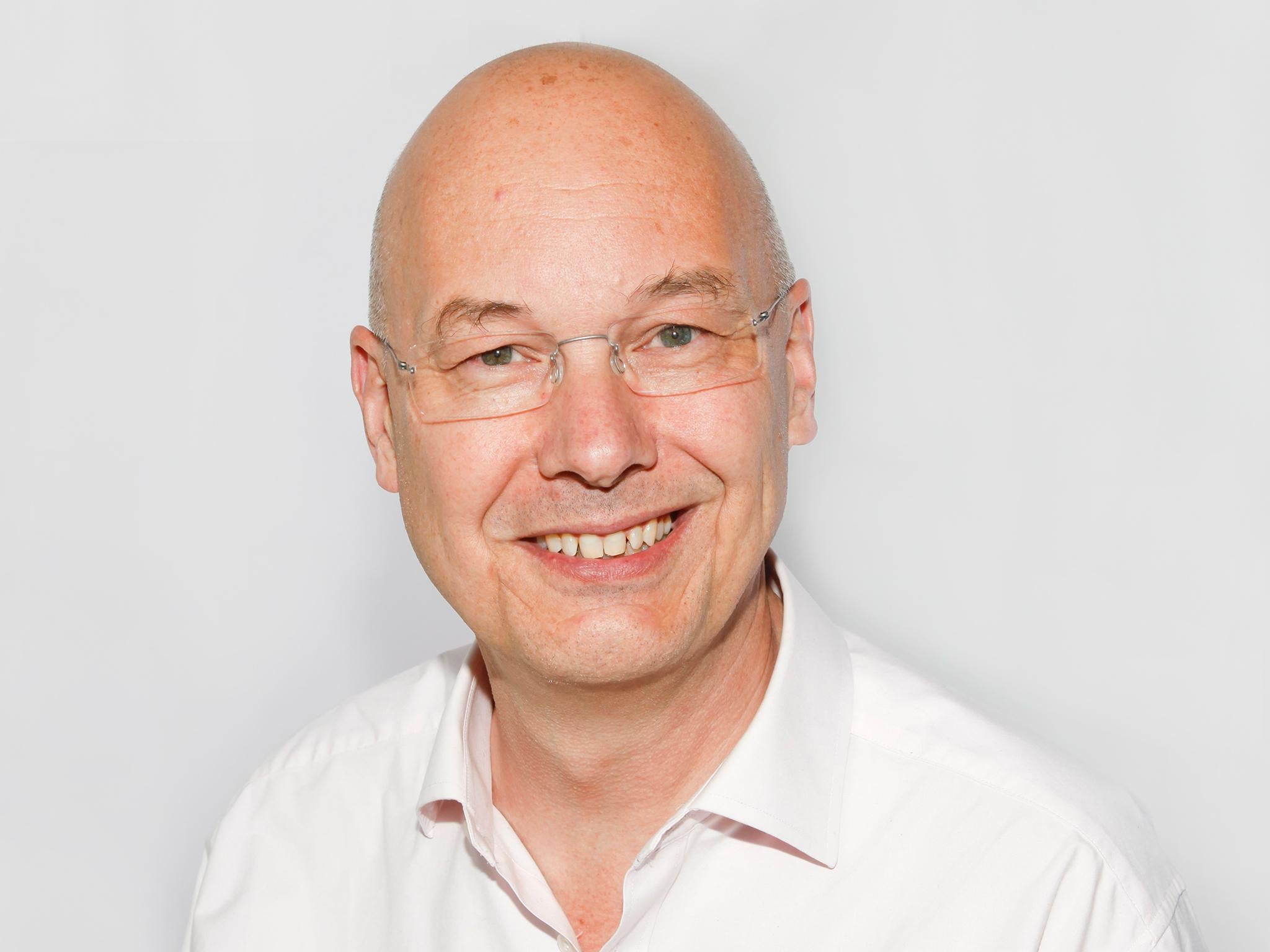NHS launches drive to help homeless after patients turned away from surgeries
Some 10,000 ‘My Right to Healthcare’ cards will be handed out to homeless people in London, advising them of their rights

The NHS is launching a drive to improve access for homeless people to healthcare, after admitting some staff were wrongly turning them away from seeing GPs.
Some surgeries have been wrongly stopping homeless people registering at GPs surgeries because they have no proof of address or ID, even though NHS guidelines are the documents are not required.
The NHS’s London Homeless Health Programme, an NHS initiative to improve healthcare in the capital for homeless people, is to improve training for GP receptionists and practice managers as a result.
Some 10,000 “My Right to Healthcare” cards are also currently being distributed to homeless people in the capital so they are aware of their rights in accessing GP surgeries.
They are being given out to homeless people in shelters, day centres, drop in centres and other organisations across London.
A recent report from the NHS’s Healthy London Partnership and homeless charity Groundswell, which included the results of over 90 interviews with people who are homeless in the capital, found that people who are experiencing homelessness often find it difficult to register with GP practices and that practices did not always understand their needs.
People who are homeless and living rough on the streets in London live significantly shorter lives, and single homeless people across the country are five times more likely to use A&E services.
Dr Adrian McLachlan, a Lambeth GP and clinical lead for Healthy London Partnership’s London Homeless Health Programme, said: “Being homeless can seriously affect your physical and mental health.
“People who are homeless have the same right to healthcare as the general population and we hope the cards will make it easier for them to get the care they need.”
The drive for the NHS to better understand the need of homeless people comes as the London Homeless Health Programme promised to encourage doctors to inform homeless people of Centrepoint’s Young and Homeless Helpline, which is being supported by The Independent’s Christmas appeal.
More than 150,000 young people facing homelessness seek housing support each year - but up to a third are turned away with no help.
The Independent is raising money to help Centrepoint launch the first national advice and support helpline for people aged between 16 and 25 facing homelessness or already sleeping rough.
Callers will be able to get advice and support on housing and be linked to services to help them with wider issues linked to their homelessness including, mental health, addiction and family breakdown.

Dr McLachlan said he would include the helpline if it is launched in an information pack passed on by London medics to at risk patients.
He said: “We would clearly be supportive of any service that is seeking to improve the lives of people who are homeless.
“On all sides there is a lack of clarity or widespread understanding of what support people are eligible to receive.
“It is important people know the services they are eligible for and get the support they deserve.”
The helpline has also got backing from other doctors working in with homeless people.
Dr Mary Ursula Hickey, who has been working in a specialist homeless drop-in surgery in Westminster for the past 20 years, said: “Early intervention is key. Centrepoint’s helpline will help people get the very best advice early on and help people get a place to stay. There is a spiral that can happen very quickly as people get onto the street. Their health can deteriorate very quickly.
“Having safe accommodation is vital in treating people’s health needs, including addiction and mental health.”
Dr Paul O’Reilly, who works at Dr Hickey’s surgery, said: “I think the helpline can make a huge difference through support and signposting of services. Often people living on the streets just aren’t aware of services or given out of date information.”
Stamatia Lorentzou, senior psychotherapist at Centrepoint, welcomed that GP services were doing more to reach out to homeless young people.
She said: “More needs to be done to help homeless young people access health services so this is an excellent step.”
Join our commenting forum
Join thought-provoking conversations, follow other Independent readers and see their replies
Comments
Bookmark popover
Removed from bookmarks